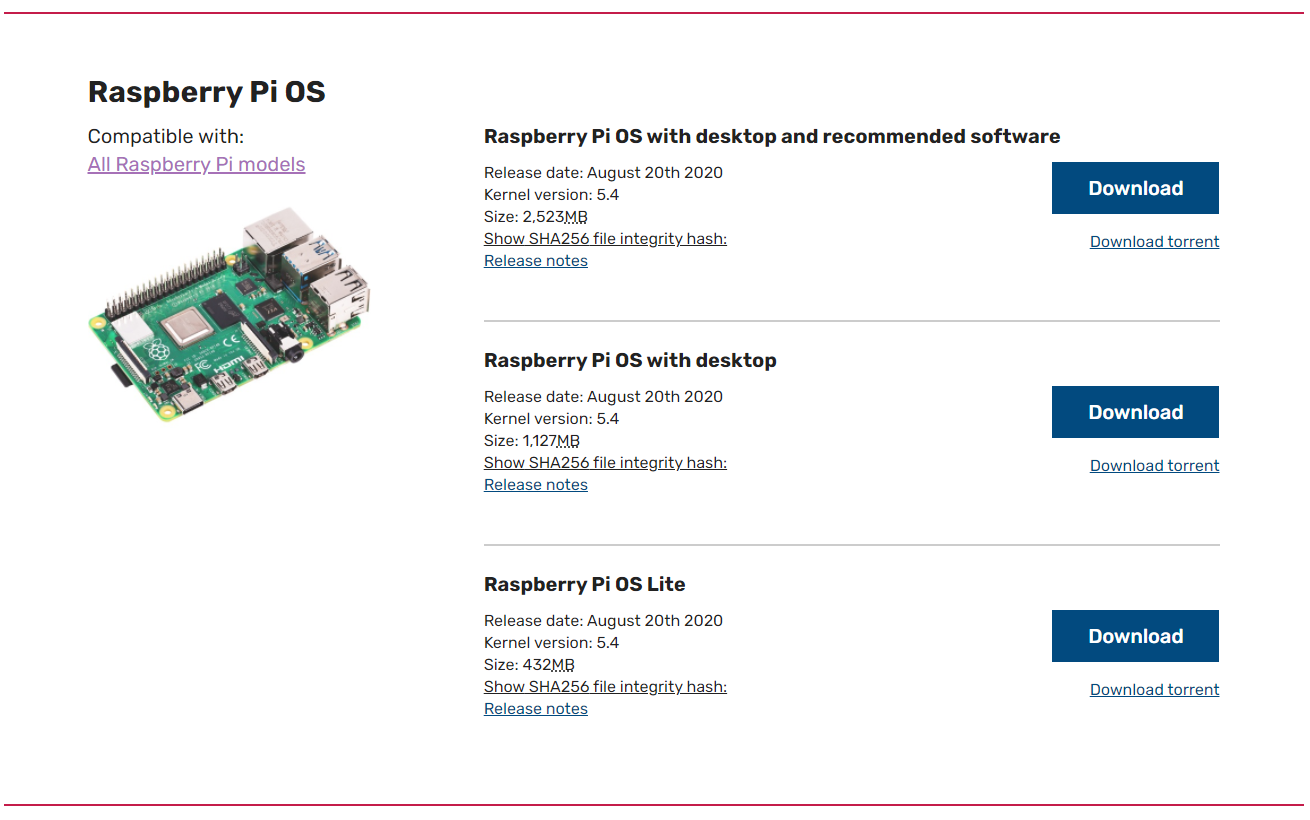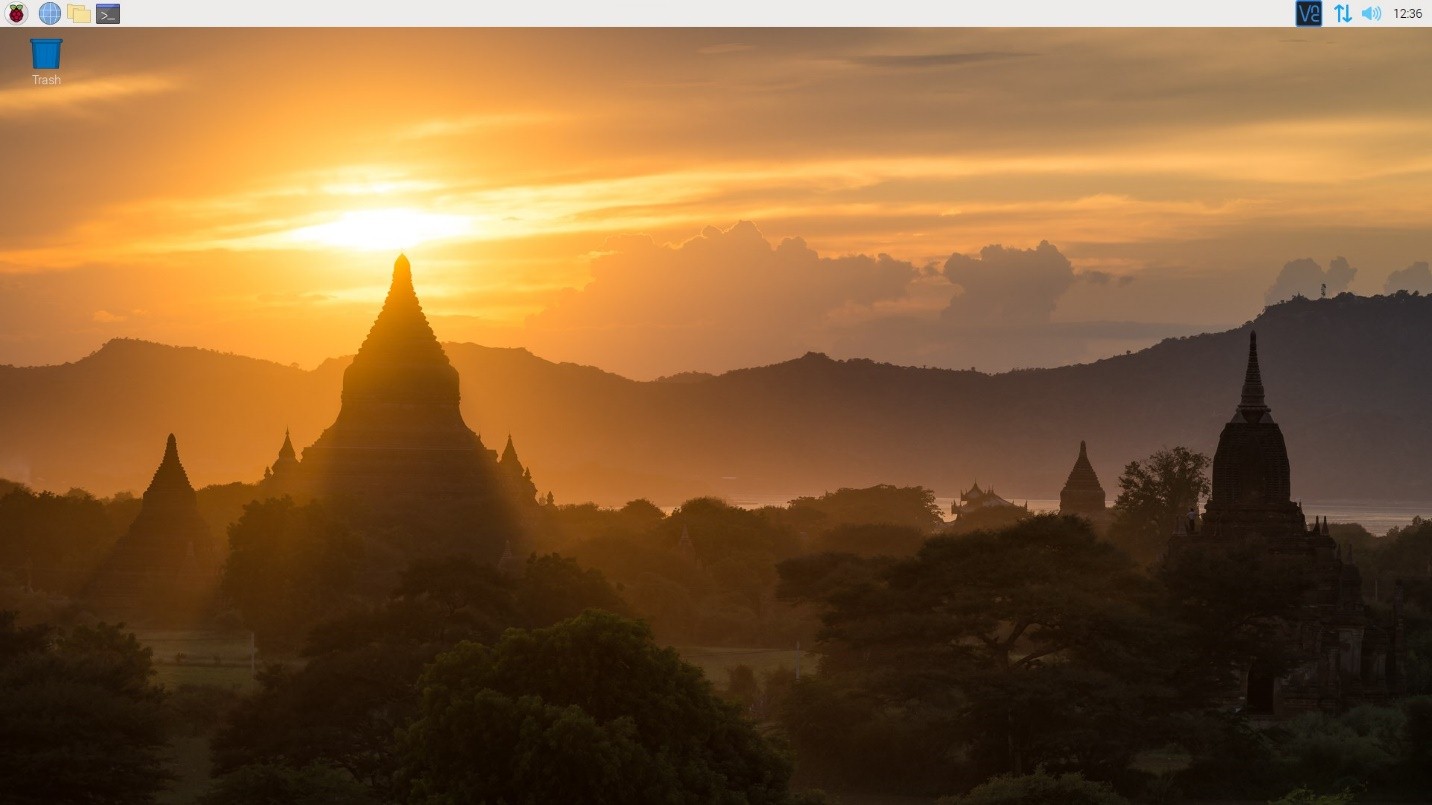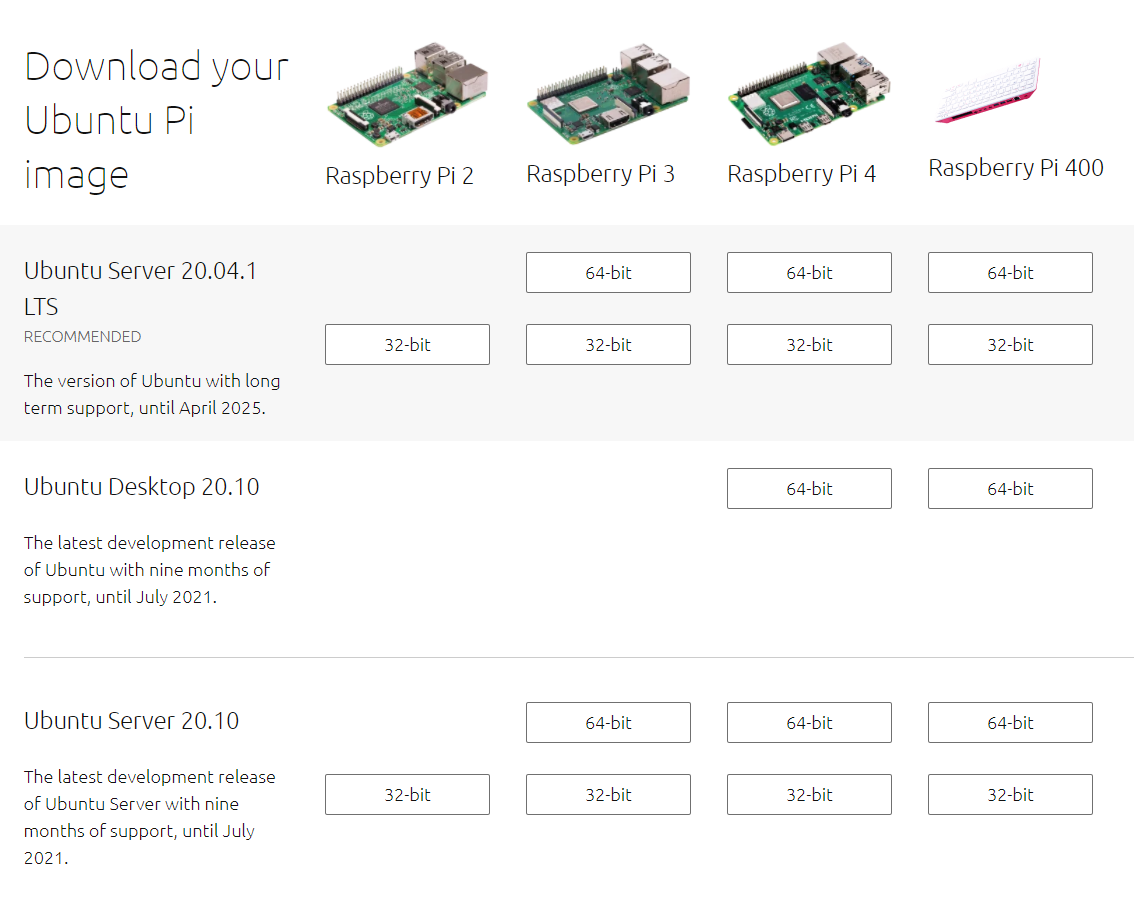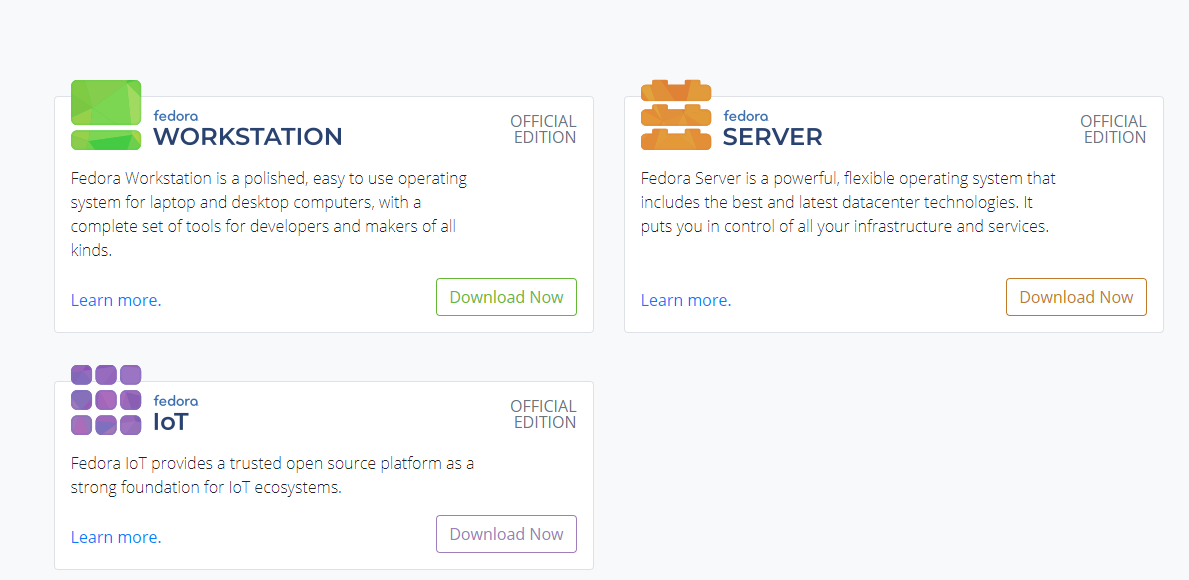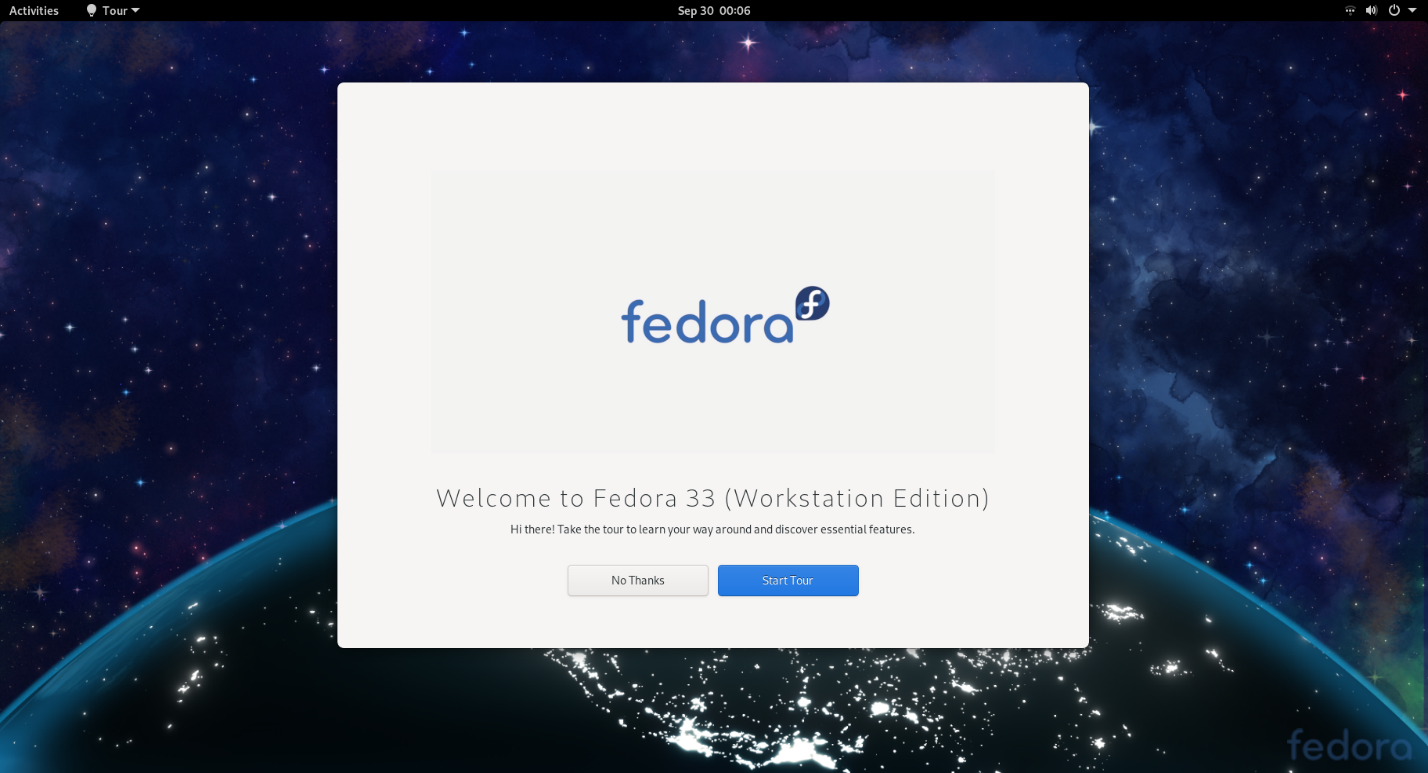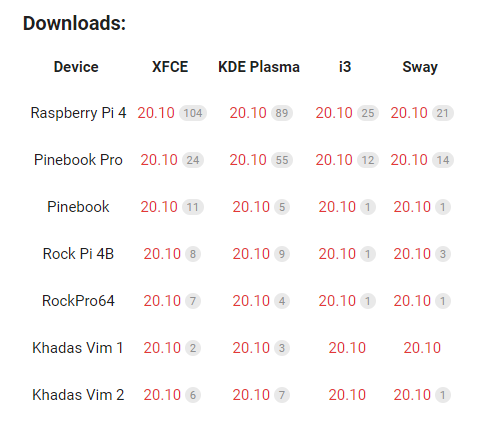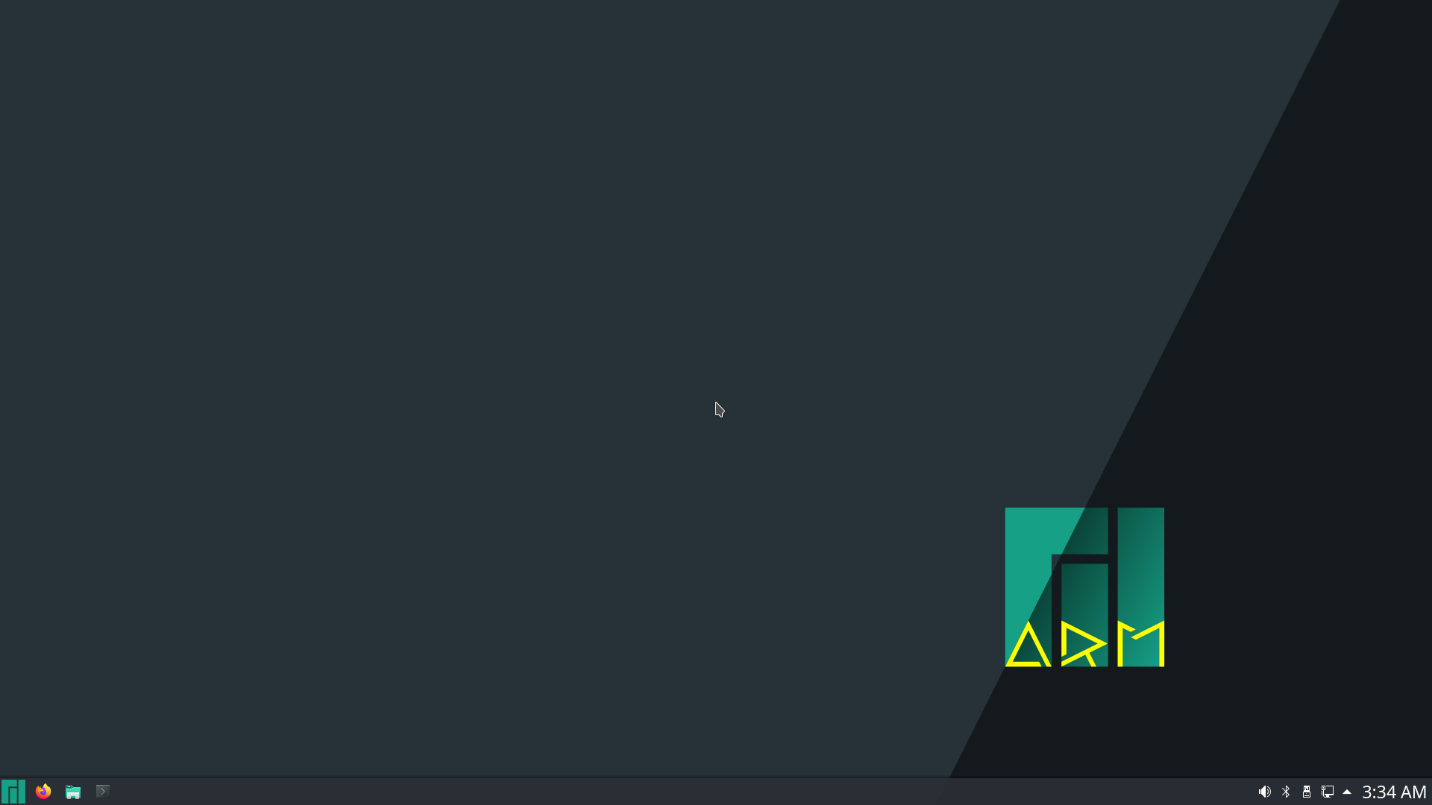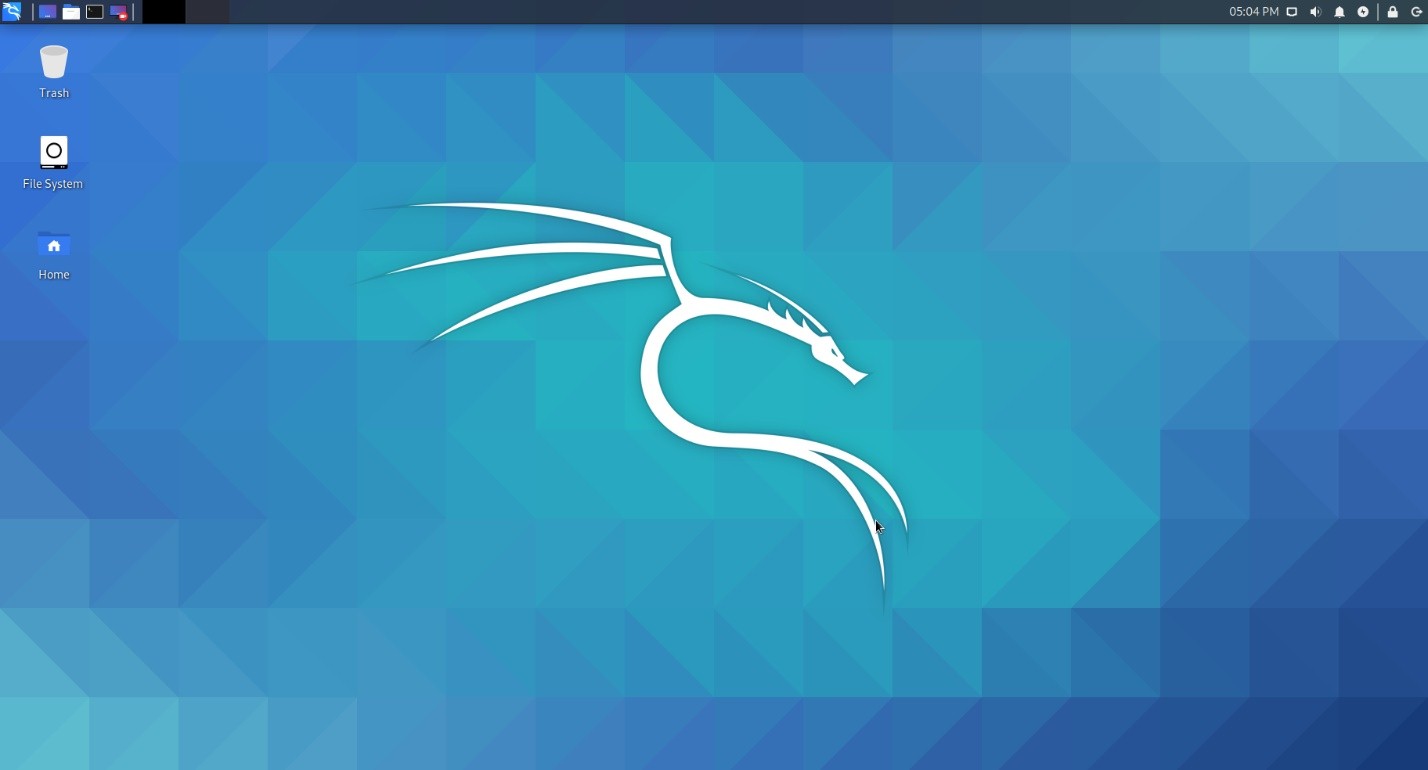Raspberry Pi OS
Raspberry Pi OS was previously known as Raspbian OS. It is the official operating system for the Raspberry Pi single-board computers.
Raspberry Pi OS is based on Debian GNU/Linux. The latest version of the Raspberry Pi OS (at the time of this writing) is based on Debian 10 Buster (the latest stable version of Debian). Raspberry Pi OS is very lightweight for the Raspberry Pi single-board computers. You can run it on every single version (older and newer) of the Raspberry Pi single-board computers.
There are 3 versions of the Raspberry Pi OS available for download on the official website of Raspberry Pi, these are the following:
- Raspberry Pi OS with desktop and recommended software
This Raspberry Pi OS image has most of the necessary software and libraries required for Raspberry Pi projects and the Raspberry Pi OS desktop environment pre-installed. - Raspberry Pi OS with desktop
This Raspberry Pi OS image only has the bare minimum number of programs and the Raspberry Pi OS desktop environment pre-installed. - Raspberry Pi OS Lite
This is the minimal version of the Raspberry Pi OS. It does not have any Raspberry Pi OS desktop environment pre-installed. So, you will have to do your work from the command line. Also, a very limited number of command line programs are pre-installed. This one requires a very little amount of RAM to run. So, you will be able to use almost all of the RAM of your Raspberry Pi for other programs.
Raspberry Pi OS Requirements:
Supported Devices: Raspberry Pi 400, Raspberry Pi 4 Model B, Raspberry Pi 3 (Model A+, Model B+, and Model B), Raspberry Pi 2 Model B, Raspberry Pi 1 (Model B+ and Model A+), Raspberry Pi Zero W, and Raspberry Pi Zero
OS Architecture: 32-bit (stable) and 64-bit (beta)
MicroSD Card: 8 GB (for Raspberry Pi OS Lite) and 16 GB (for Raspberry Pi OS with desktop)
You can download Raspberry Pi OS from the official website of Raspberry Pi.
If you need any assistance on installing Raspberry Pi OS on your Raspberry Pi, check my other articles:
- How to Install Raspberry Pi OS on Raspberry Pi 4
- How to Install and Configure Raspberry Pi OS on Raspberry Pi 4 Without External Monitor
Here is a screenshot of the Raspberry Pi OS (with the desktop environment) running on the Raspberry Pi.
Ubuntu
Ubuntu is a good and stable operating system for the Raspberry Pi single-board computers. If you want to use your Raspberry Pi for IoT projects or as a desktop computer, you will surely love Ubuntu. IT also has official supports for many Raspberry Pi devices.
You can install Ubuntu Server 20.04.1 (LTS), Ubuntu Server 20.10 (non-LTS), as well as Ubuntu Desktop 20.10 (non-LTS) on your Raspberry Pi single-board computers.
Ubuntu Server 20.04 LTS and Ubuntu Server 20.10 Requirements:
Supported Devices: Raspberry Pi 400, Raspberry Pi 4 Model B, Raspberry Pi 3 (Model A+, Model B+, and Model B), and Raspberry Pi 2 Model B
OS Architecture: 32-bit and 64-bit
MicroSD Card: 8 GB or more
Ubuntu Desktop 20.10 Requirements:
Supported Devices: Raspberry Pi 400 and Raspberry Pi 4 Model B
OS Architecture: only 64-bit.
MicroSD Card: 32 GB or more
You can download Ubuntu for Raspberry Pi from the official website of Ubuntu.
If you need any assistance on installing Ubuntu on your Raspberry Pi, check my other articles:
- Install Ubuntu Server 20.04 LTS on Raspberry Pi 4 in Headless Mode and SSH Into It
- Install Ubuntu Desktop 20.04 LTS on Raspberry Pi 4
Fedora
Fedora is also a great operating system for the Raspberry Pi. There are different versions of the Fedora operating system for Raspberry Pi’s different purposes.
The versions of the Fedora operating system for the Raspberry Pi are:
- Fedora Workstation
- Fedora Server
- Fedora IoT
This is a desktop operating system for the Raspberry Pi that uses the GNOME 3 desktop environment. You can use it on your Raspberry Pi 4 and Raspberry Pi 400.
This is a headless server version of the Fedora operating system, and it does not come with any graphical desktop environment. So, it is lightweight and does not consume a lot of memory. You can run it on your Raspberry Pi 3 or Raspberry Pi 4 single-board computers.
This is also a headless version of the Fedora operating system that does not come with any graphical desktop environment installed. It is more lightweight than the server version. You can use the Fedora IoT version on older versions of the Raspberry Pi (i.e., Raspberry Pi 2, Raspberry Pi 1, Raspberry Pi Zero) as well.
Fedora Workstation Requirements:
Supported Devices: Raspberry Pi 400 and Raspberry Pi 4 Model B
OS Architecture: 64-bit only
MicroSD Card: 32 GB or more
Fedora Server Requirements:
Supported Devices: Raspberry Pi 400, Raspberry Pi 4 Model B, and Raspberry Pi 3 (Model A+, Model B+, and Model B)
OS Architecture: 64-bit only
MicroSD Card: 16 GB or more.
Fedora IoT Requirements:
Supported Devices: Raspberry Pi 400, Raspberry Pi 4 Model B, Raspberry Pi 3 (Model A+, Model B+, and Model B), Raspberry Pi 2 Model B, Raspberry Pi 1 (Model B+ and Model A+), Raspberry Pi Zero W, and Raspberry Pi Zero
OS Architecture: 32-bit and 64-bit
MicroSD Card: 8 GB or more
You can download Fedora for Raspberry Pi from the official website of Fedora.
If you need any assistance on installing Fedora on your Raspberry Pi, check my article on How to Install Fedora 33 on Raspberry Pi 4.
Here is a screenshot of the Fedora 33 Workstation running on the Raspberry Pi 4.
Manjaro
Manjaro is a great desktop operating system for the Raspberry Pi 4 and Raspberry Pi 400 single-board computers.
There are many versions of the Manjaro Linux distribution for the Raspberry Pi 4 and Raspberry Pi 400 single-board computers.
- XFCE
- KDE Plasma
- i3
- Sway
This is a version of the Manjaro desktop operating system that is shipped with the XFCE desktop environment.
This is a version of the Manjaro desktop operating system that is shipped with the KDE Plasma 5 desktop environment.
This is a version of the Manjaro desktop operating system that is shipped with the i3 tiling window manager.
This is a version of the Manjaro desktop operating system that is shipped with the Sway tiling window manager.
Manjaro (XFCE, KDE Plasma, i3, and Sway) Requirements:
Supported Devices: Raspberry Pi 400 and Raspberry Pi 4 Model B
OS Architecture: 64-bit only
MicroSD Card: 32 GB or more
You can download Manjaro for Raspberry Pi 4 and Raspberry Pi 400 from the official website of Manjaro.
If you need any assistance on installing Manjaro on your Raspberry Pi, check my article: Install Manjaro on Raspberry Pi 4.
Here is a screenshot of the Manjaro – KDE Plasma desktop environment running on the Raspberry Pi 4.
Kali Linux
Kali Linux is a Debian based operating system specially made for penetration testing. It has all the required tools for penetration testing installed by default. However, even if something is not installed by default, it will be on its official package repository, so you can easily install whatever you need from there. Kali Linux is also any penetration tester’s best friend.
There are different versions of the Kali Linux image for every different version of the Raspberry Pi single-board computer.
- Kali Linux Rpi (img.xz)
- Kali Linux RaspberryPi 2, 3 and 4 (img.xz)
- Kali Linux RaspberryPi 2 (v1.2), 3 and 4 (64-bit) (img.xz)
- Kali Linux RaspberryPi Zero/Zero W (img.xz)
This is a Kali Linux image for Raspberry Pi 1 (Model B+ and Model A+) single-board computers.
This is a 32-bit Kali Linux image for Raspberry Pi 400, Raspberry Pi 4 Model B, Raspberry Pi 3 (Model A+, Model B+, and Model B), and Raspberry Pi 2 Model B single-board computers.
This is a 64-bit Kali Linux image for Raspberry Pi 400, Raspberry Pi 4 Model B, Raspberry Pi 3 (Model A+, Model B+, and Model B), and Raspberry Pi 2 v1.2 single-board computers.
This is a Kali Linux image for Raspberry Pi Zero W and Raspberry Pi Zero single-board computers.
Kali Linux Requirements:
Supported Devices: Raspberry Pi 400, Raspberry Pi 4 Model B, Raspberry Pi 3 (Model A+, Model B+, and Model B), Raspberry Pi 2 Model B, Raspberry Pi 1 (Model B+ and Model A+), Raspberry Pi Zero W, and Raspberry Pi Zero
OS Architecture: 32-bit and 64-bit
MicroSD Card: 32GB or more
You can download Kali Linux for Raspberry Pi from the official website of Offensive Security.
If you need any assistance on installing Kali Linux on your Raspberry Pi, check my article: Install Kali Linux on Raspberry Pi 4.
Here is a screenshot of Kali Linux running on the Raspberry Pi 4.
Conclusion
In this article, I have talked about the 5 best Linux distribution for Raspberry Pi. I have included headless operating systems, as well as desktop operating systems. If you’re new to the Raspberry Pi world, this article should help you pick a Linux distribution for your Raspberry Pi single-board computer.

